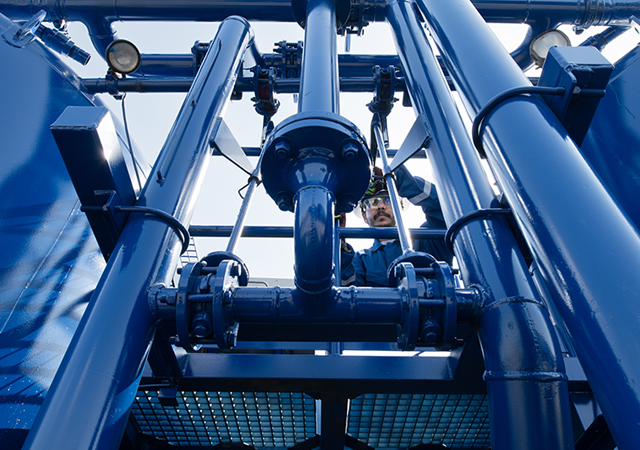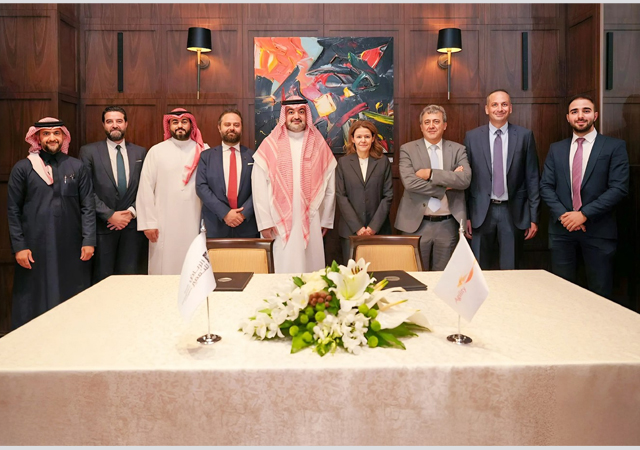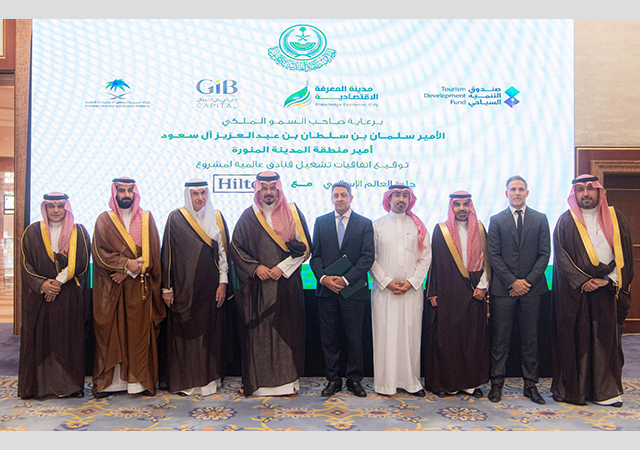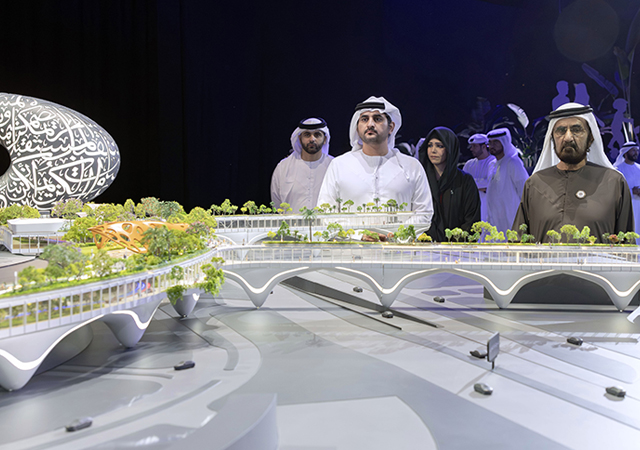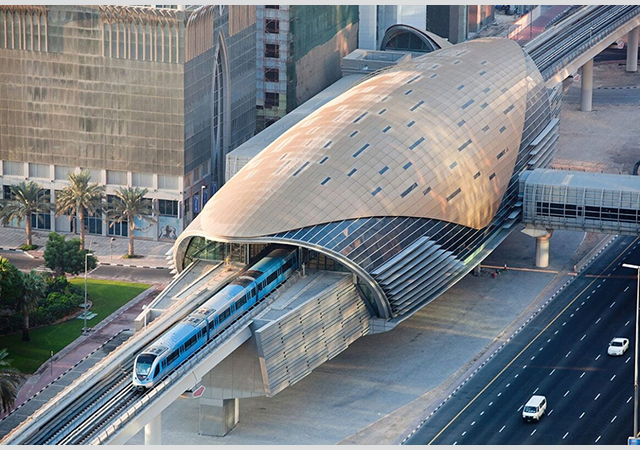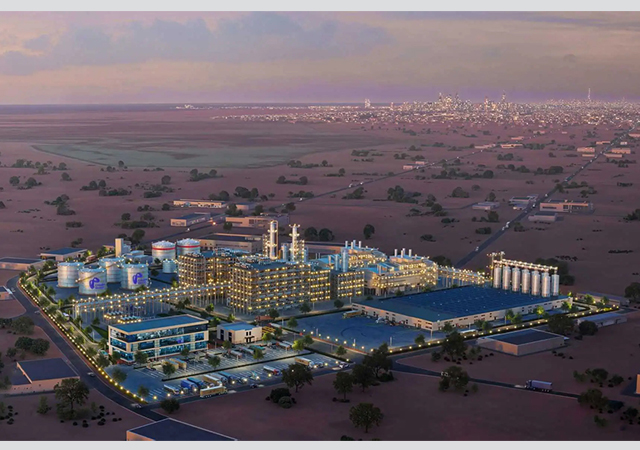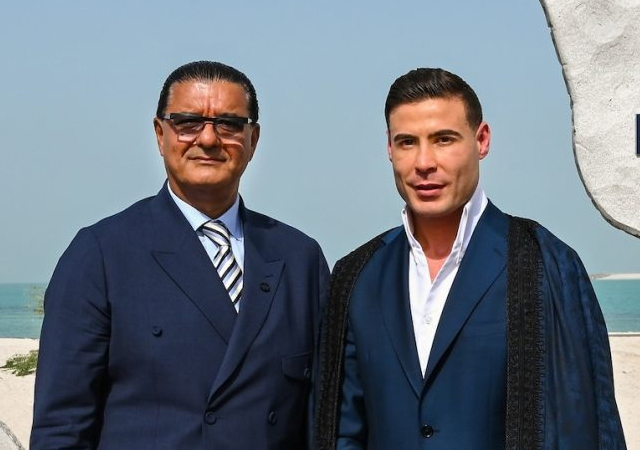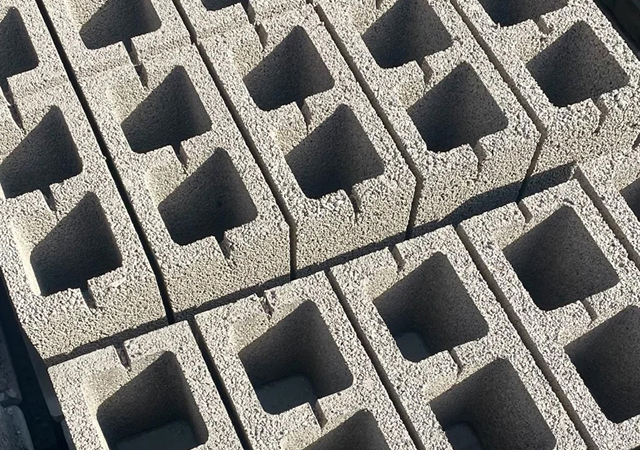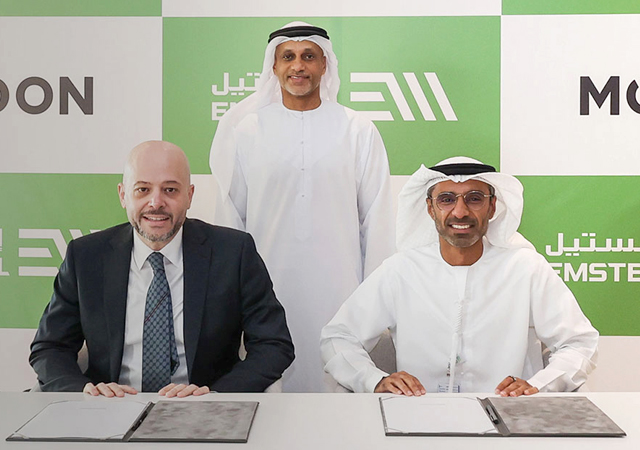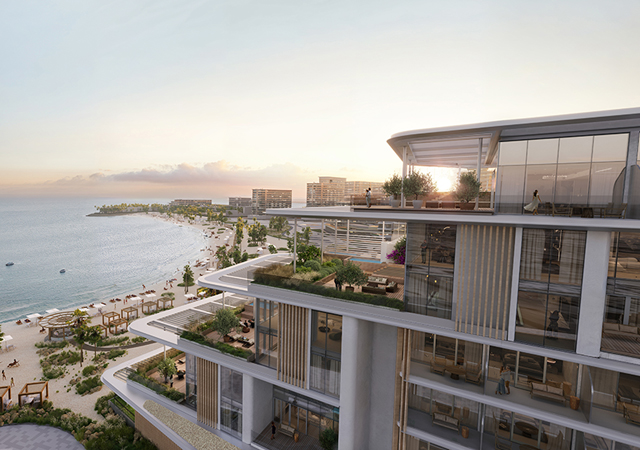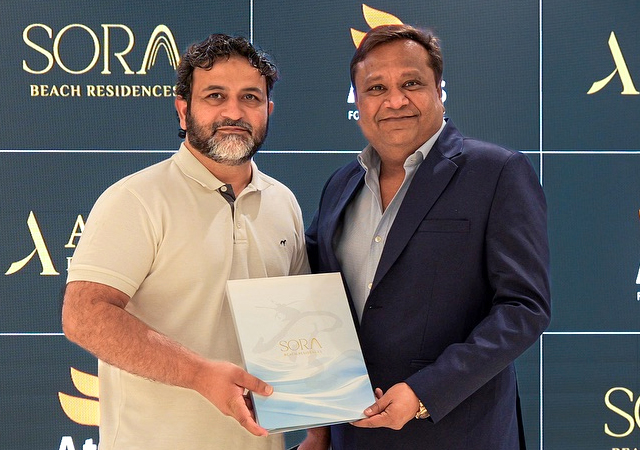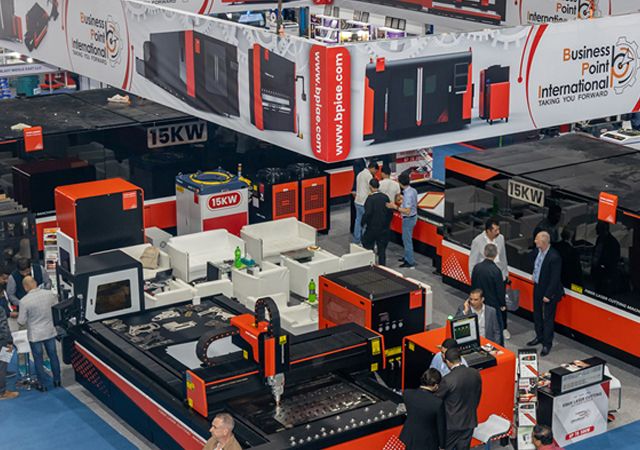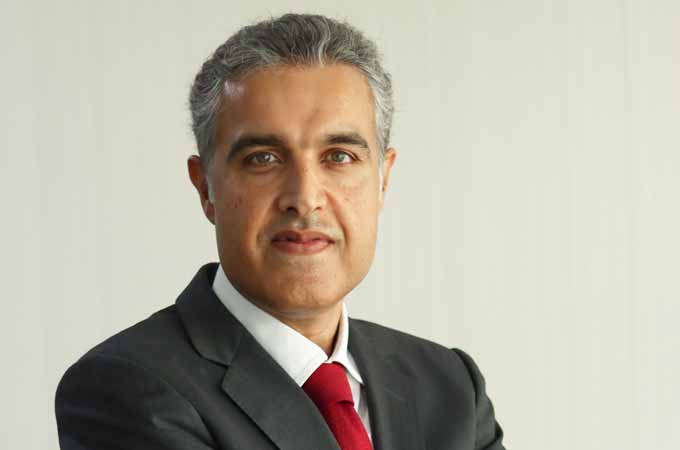 Ajay Bhatia
Ajay Bhatia
The UAE’s ever-evolving real estate market stands at the brink of a major evolution as various trends and practices continue to reshape the market landscape.
The market is projected to experience a transformative shift, especially with the emergence of cutting-edge technologies such as artificial intelligence (AI), 3D printing, and smart home innovations a steady annual growth rate of 2.25 per cent is expected between 2024 and 2029, resulting in a market volume of $0.76 trillion by the latter year, further solidifying UAE’s position as a global leader, writes Ajay Bhatia, Founder and CEO of SOL Properties.
As the market becomes more influenced by technological developments, it is expected to redefine conventional property development, management, and transactions, paving the way for an efficient, sustainable, customer-centric, and investor-friendly ecosystem. These changes further position the UAE to become a global frontrunner in the realm of smart and green real estate.
According to industry report, artificial intelligence (AI) has the potential to generate between $110 billion and $180 billion in value for the real estate industry by significantly enhancing productivity, improving market efficiency, and optimizing operational processes. AI is transforming the sector by enabling better prediction of market trends and customer preferences, automating critical tasks such as tenant communication, maintenance, and energy optimization, and providing valuable real-time data.
Meanwhile, smart home innovations will offer enhanced automation and energy management solutions, addressing the evolving demands of a tech-savvy customer base. Technologies like 3D printing can lead to cost reduction, acceleration of the construction process, and reduction of material waste. This technology also enables the use of environmentally friendly materials, which helps improve the environmental sustainability of projects. According to market research, leveraging 3D printing capabilities can help reduce construction costs by up to 30 per cent and save time by 50 per cent. In this regard, the UAE intends to have 25 per cent of all its construction projects 3D printed by 2030, in an effort to reduce building costs and ensure faster project completion.
As part of the country’s commitment to embracing cost-effective and sustainable construction methods, Dubai has made significant strides in the field of 3D printing. The emirate’s success in completing the world’s first 3D-printed office building stands as a testament to this. These efforts will not only help address the surging demand for affordable housing options but also set new standards in delivering high-quality luxury properties.
In the UAE, 3D printing also enables rapid and eco-friendly construction of residential and commercial spaces, reducing costs and waste while expediting project timelines. These advancements will support the UAE’s commitment to innovation and sustainability in real estate.
Dubai’s leadership in smart city initiatives, such as Smart Dubai and the Mohammed bin Rashid Solar Park, further integrates advanced digital infrastructure with urban development, offering IoT systems, advanced surveillance, and high-speed connectivity. With over 90 per cent of government services already digitised, the emirate sets the benchmark for a fully integrated digital ecosystem
The combination of innovation, supportive government policies, and a strong investor base ensures that the UAE's real estate market will continue to thrive, attracting both local and international investors looking for high yields, sustainable development, and a dynamic, future-ready property market. Looking ahead, the UAE's real estate market continues to evolve into a more sophisticated, sustainable, and tech-driven sector. Green developments are projected to significantly impact property values. -TradeArabia News Service


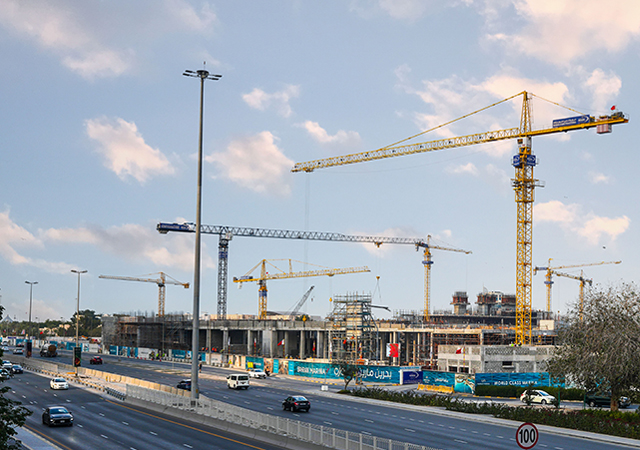
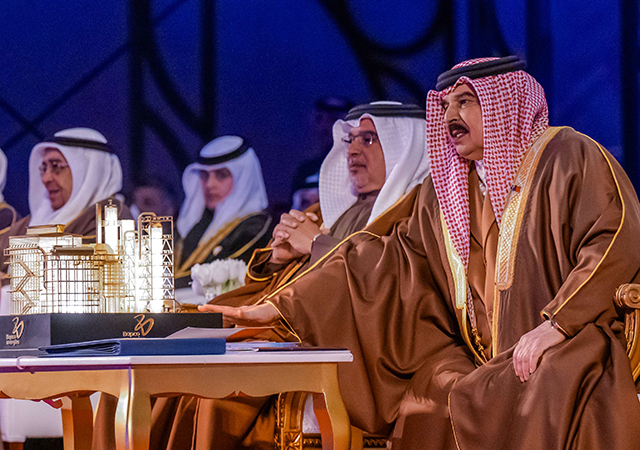
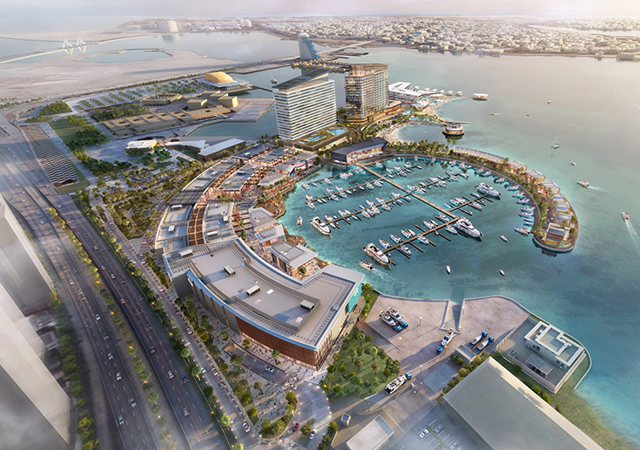
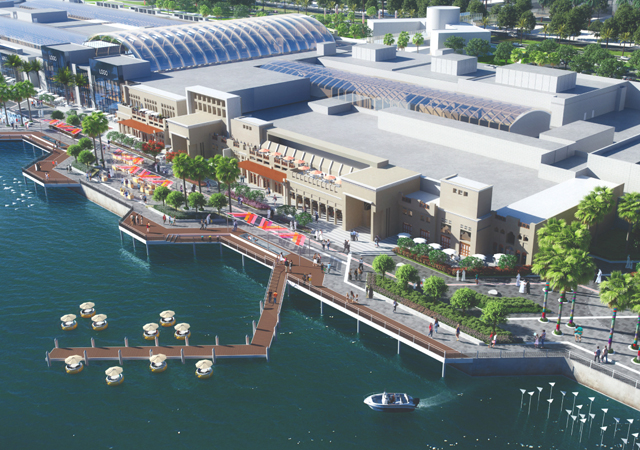


.jpg)
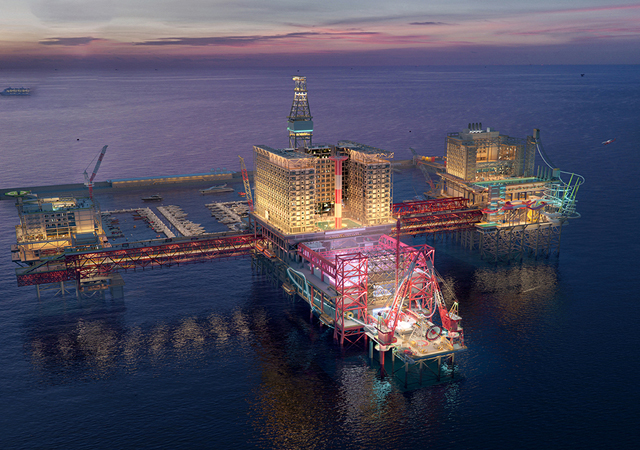
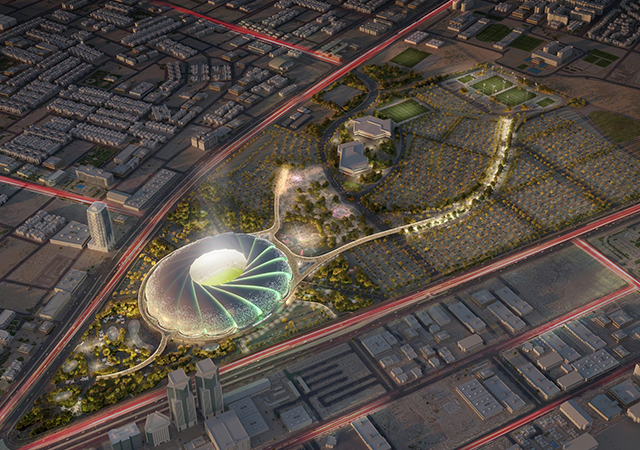
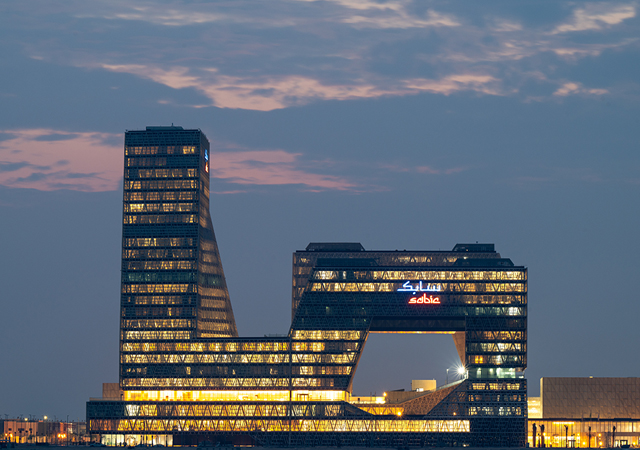

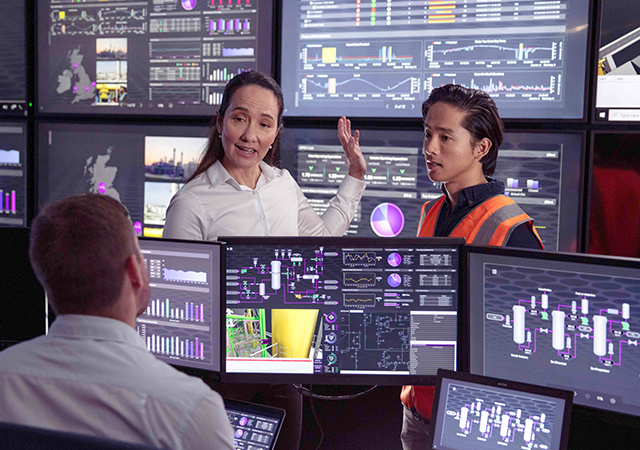
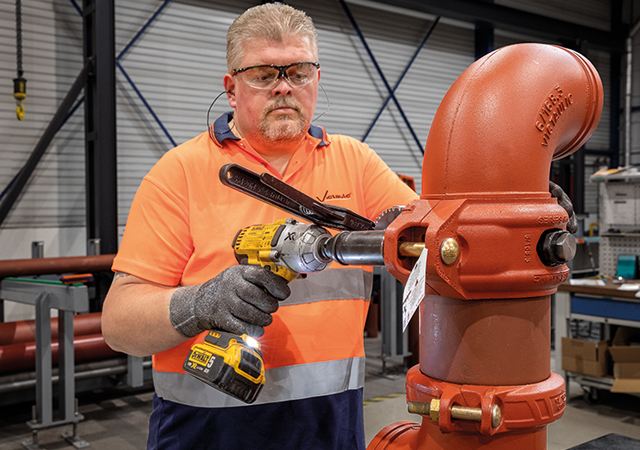
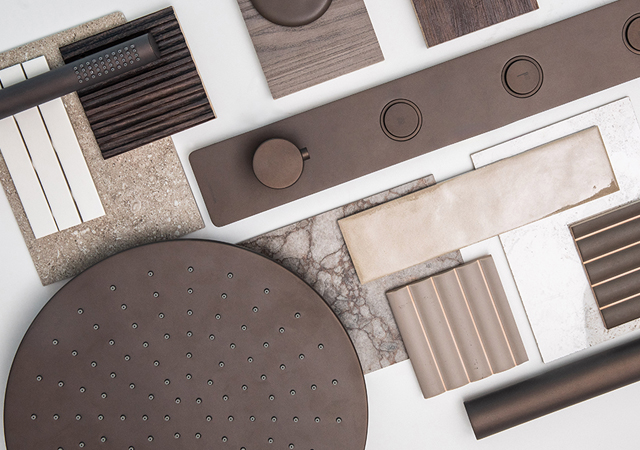
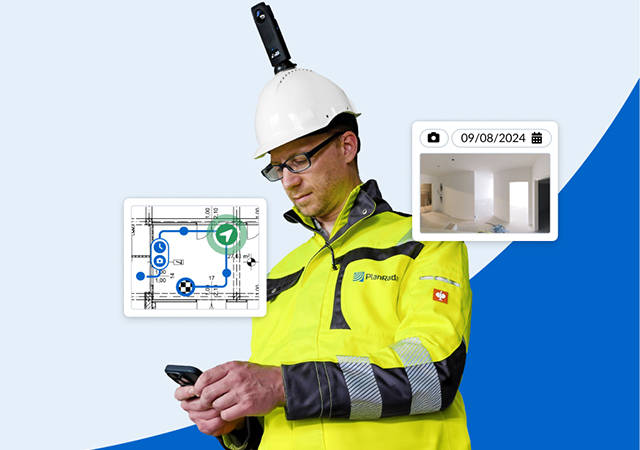
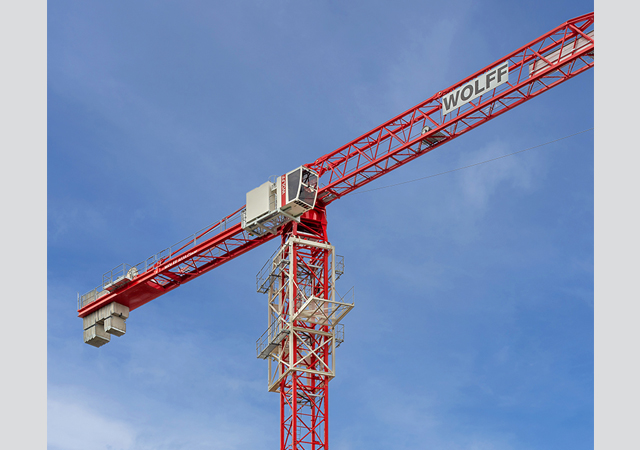
.jpg)
.jpg)
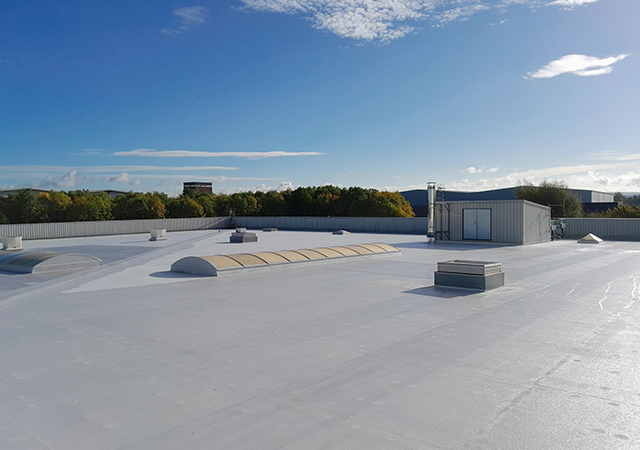
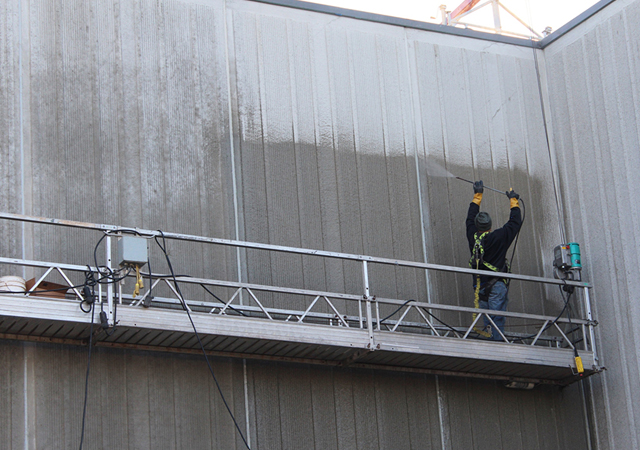
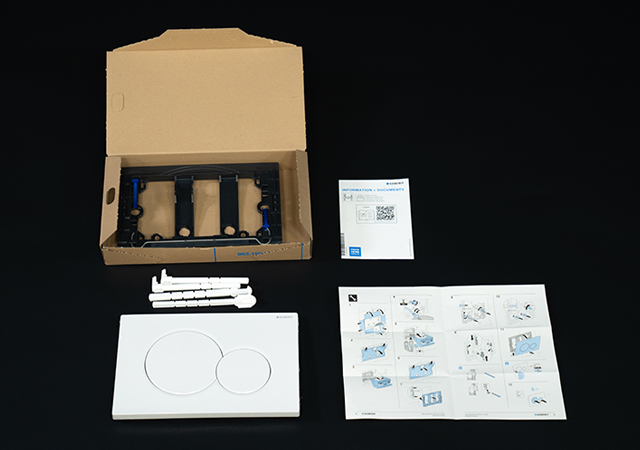

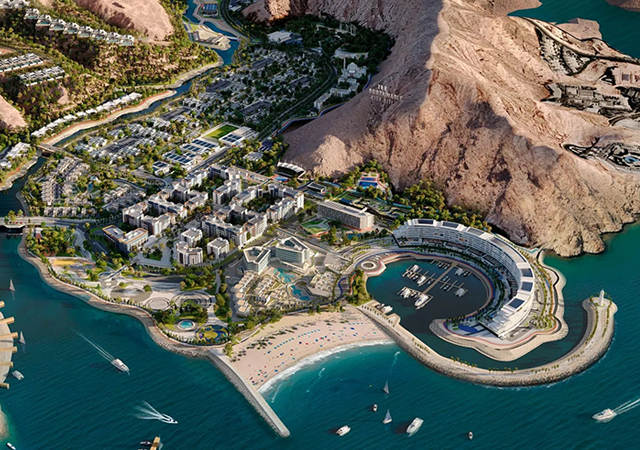
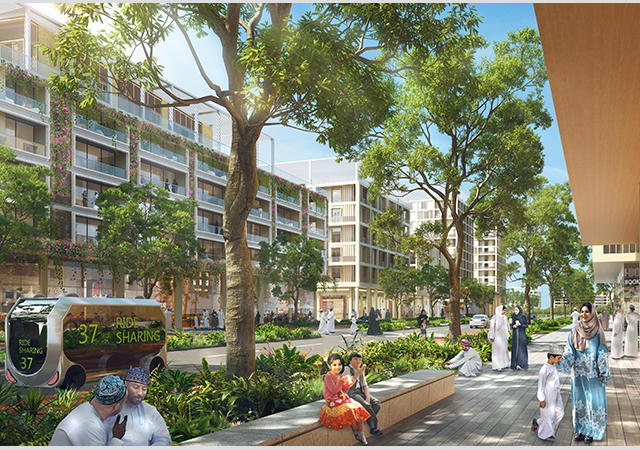
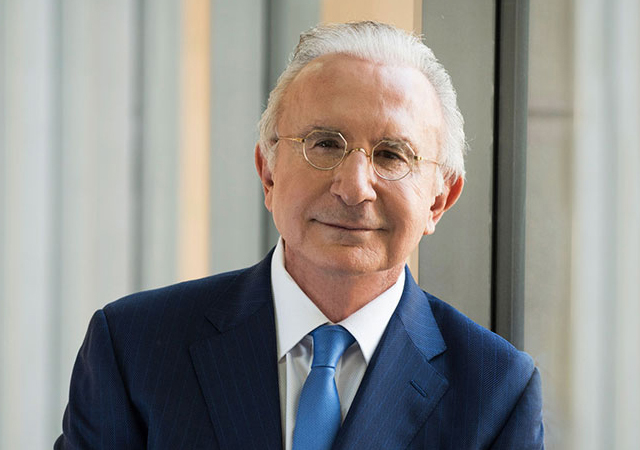
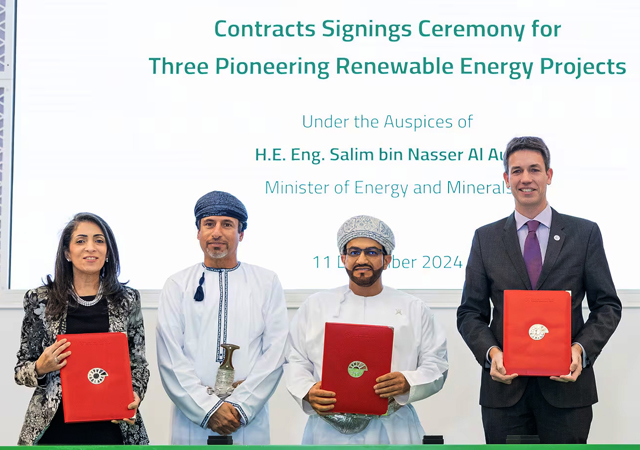
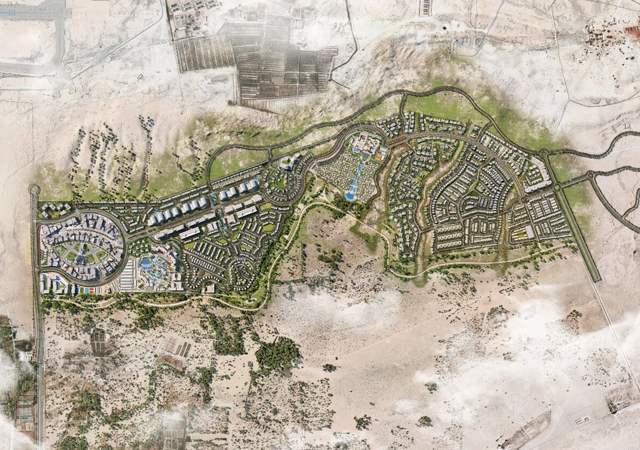
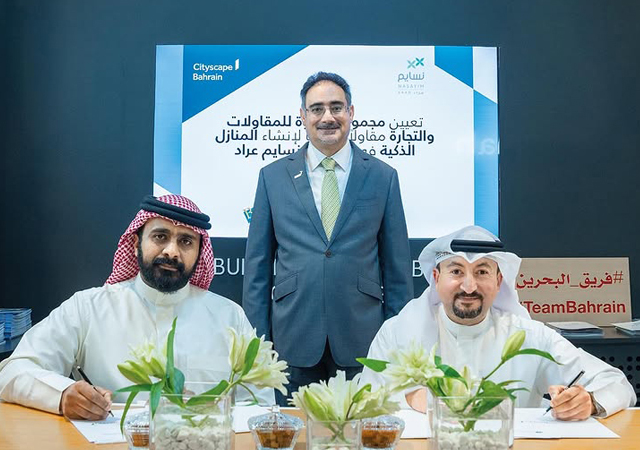

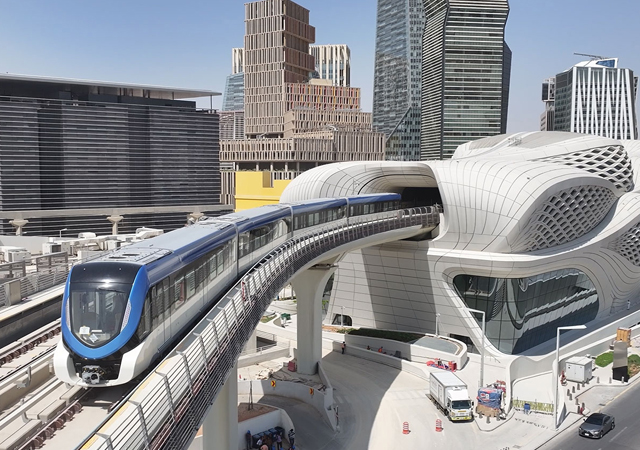
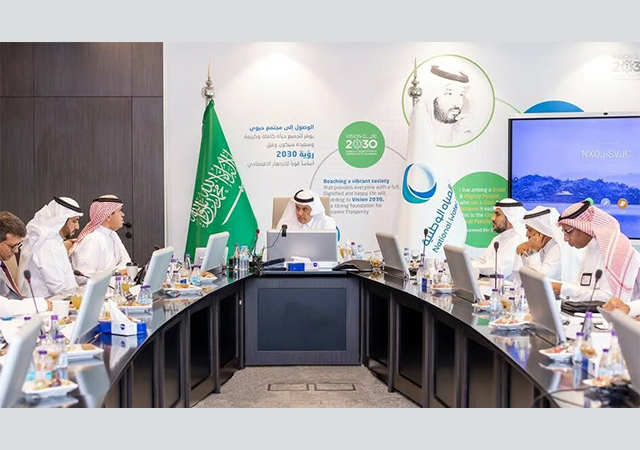
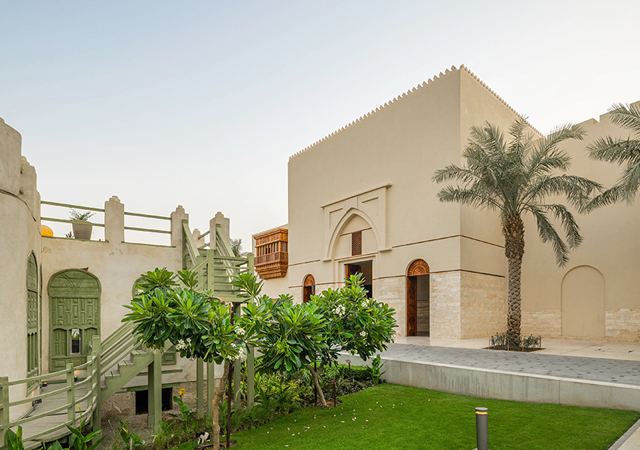
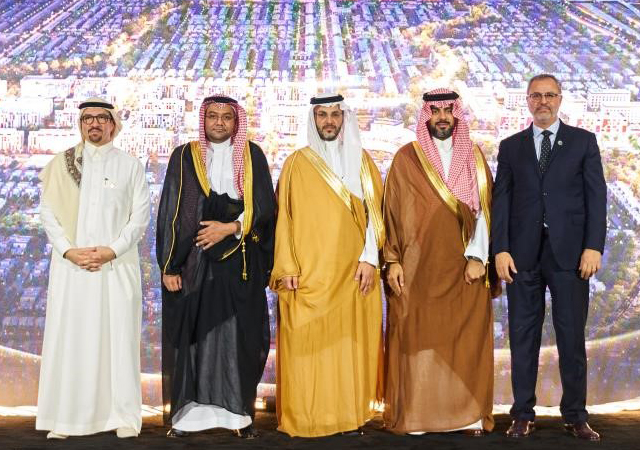
.jpg)
